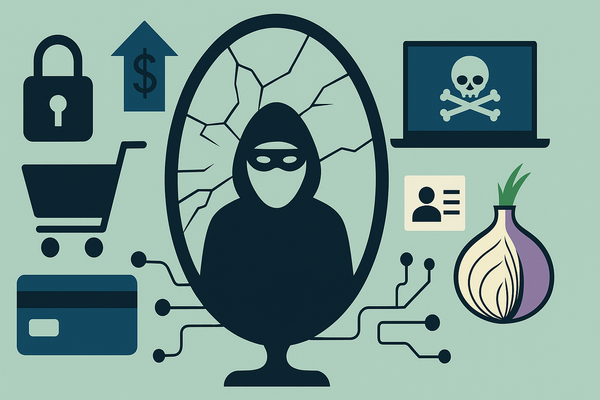Connected toys spy on kids, expose them to predators

Almost everything around us is connected – cameras, cars, fridges, and even city infrastructures. Some 24 billion IoT devices are expected to be connected by 2020, but that doesn”t automatically mean manufacturers will develop better security.
It feels like we”re going in circles with this discussion about IoT privacy and lax security. Let”s face it, manufacturers know IoT is the key to gaining market share. Plus, the data they collect in real time is a gold mine. Better security could also mean fewer fancy features and unsatisfied customers. So it will probably take a while before the industry gets more serious about segmentation and better encryption.
You can”t put your finger on a single IoT-related issue, because there are so many vulnerabilities in the devices. What”s concerning is that the technology has entered the kids” market. Smart toys and connected baby monitors not only have increased sales, but they allow manufacturers to capitalize on insights the gadgets collect.
No device is immune, and that”s why trouble hits. If a hacker wants to break into your system, it”s only a matter of time before that happens because the devices are so poorly built. And it”s not even about highly experienced hackers anymore — any predator with some tech knowledge can spy on your kids, listen to their private conversations and even talk to them. With so many IoT devices having already been used in cyberattacks, it”s probably only a matter of time before a connected device starts killing people, security experts warn.
More than 18 groups focused on privacy have complained to the US Federal Trade Commission and the European Union about tech toy developers Genesis Toys and Nuance, according to Engadget. The two companies allegedly violated privacy laws by allowing certain toys to record voices without user consent. The recordings are also sent to Nuance, allegedly to be sold to law enforcement, the groups further claim.
“In the future, intelligence services might use the Internet of Things for identification, surveillance, monitoring, location tracking, and targeting for recruitment, or to gain access to networks or user credentials,” said James Clapper, Director of US National Intelligence, in a public testimony in the Senate.
Does everything really need to be connected? Probably not, but if this gets them more sales, then manufacturers will go out of their way to persuade users to install as many devices as possible. Maybe recent events of hacked toy companies that leaked millions of kids” private data, as well as confirmed cases of sexual offenders spying on kids in the US will enable companies to develop secure smart toys by not authorizing all nearby Bluetooth devices to easily connect to them and reconsider camera and microphone options to avoid stalking.
tags
Author
After having addressed topics such as NFC, startups, and tech innovation, she has now shifted focus to internet security, with a keen interest in smart homes and IoT threats.
View all postsRight now Top posts
Cybercriminals Use Fake Leonardo DiCaprio Film Torrent to Spread Agent Tesla Malware
December 11, 2025
Genshin Impact Scam Alert: The Most Common Tricks Used Against Players
December 05, 2025
How Kids Get Automatically Added Into WhatsApp Groups with Horrific Imagery Without Consent
November 24, 2025
FOLLOW US ON SOCIAL MEDIA
You might also like
Bookmarks








